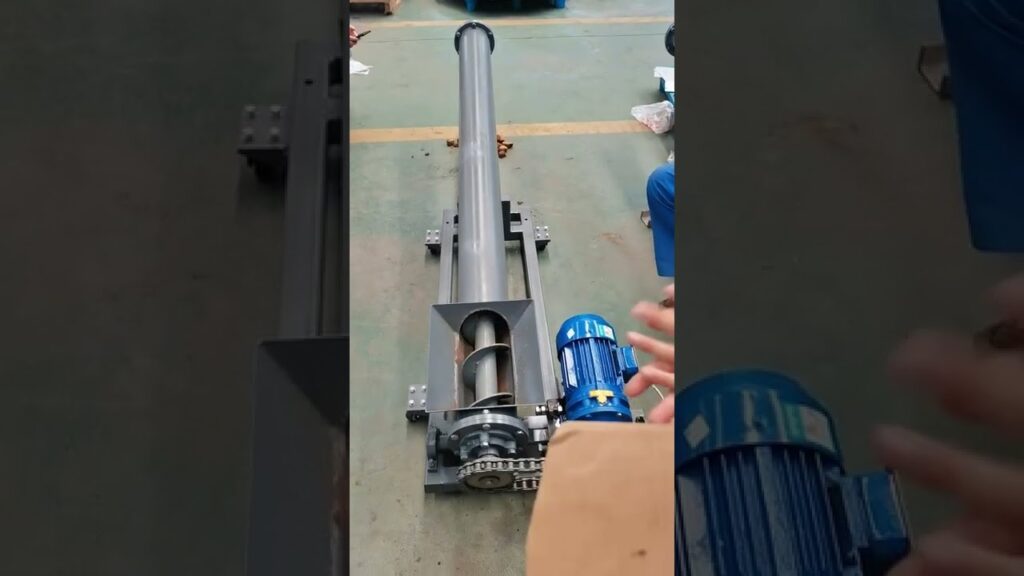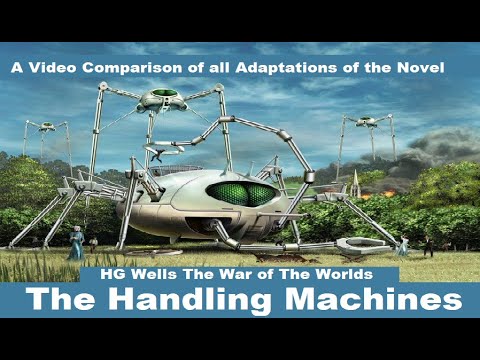Mechanical Engineering and the Industrial Handling Machine
Mechanical engineering is an essential field that plays a crucial role in various industries. It involves the application of principles and knowledge in physics and materials science to design, analyze, and manufacture mechanical systems. One particular aspect of mechanical engineering that deserves attention is the Industrial Handling Machine. In this article, we will explore the significance of Industrial Handling Machines and the types of Material Handling Systems and Equipment used in various industries.
Industrial Handling Machines are used to handle and move heavy loads efficiently in industrial settings. These machines are designed to lift, transport, stack, and store materials with ease and precision. They are commonly used in manufacturing plants, warehouses, construction sites, and logistics centers. Industrial Handling Machines are essential in streamlining operations, minimizing manual labor, and increasing productivity.
Material Handling Systems and Equipment Types play a vital role in Industrial Handling Machines. These systems include various machines and equipment designed for specific purposes. Let’s take a closer look at some common types:
1. Conveyors: Conveyors are an integral part of material handling systems. They consist of belts, chains, or rollers and are used to move materials from one location to another. Conveyors are known for their versatility and efficiency in transporting goods over short or long distances.
2. Cranes: Cranes are robust machines used for lifting and moving heavy loads vertically or horizontally. They come in various types, such as overhead cranes, gantry cranes, and jib cranes, each designed for specific applications.
3. Forklifts: Forklifts are widely used forklift trucks equipped with pronged forks that can be raised or lowered to pick up and transport heavy loads. They are commonly found in warehouses and distribution centers.
4. Automated Guided Vehicles (AGVs): AGVs are self-driving vehicles that operate without the need for an operator. These vehicles are programmed to navigate through designated paths and perform tasks such as picking up and delivering materials.
Now that we have explored the significance of Industrial Handling Machines and the types of Material Handling Systems and Equipment, let’s delve into the benefits they offer to various industries.
Efficiency and Productivity: Industrial Handling Machines help streamline operations, reduce manual labor, and increase overall productivity. With the ability to lift and transport heavy loads, these machines automate processes that would otherwise be time-consuming and labor-intensive.
Safety: Industrial Handling Machines are designed with safety features that aim to minimize workplace accidents. With the capability to handle heavy materials, these machines ensure a safer working environment by reducing the risk of manual lifting injuries.
Optimized Space Utilization: Many Industrial Handling Machines are designed to minimize space requirements, allowing industries to make the most of their available workspace. For example, automated storage and retrieval systems enable efficient use of vertical space, making warehouses more organized and maximizing storage capacity.
Accuracy and Precision: Industrial Handling Machines offer precise control over material movement, ensuring accurate placement and distribution. This level of accuracy eliminates errors and reduces the chances of product damage during handling and transportation.
Cost Efficiency: By automating material handling processes, Industrial Handling Machines result in cost savings for industries. They eliminate the need for excessive labor, reduce product damage, and improve overall operational efficiency.
In conclusion, Mechanical Engineering and the Industrial Handling Machine go hand in hand in various industries. The types of Material Handling Systems and Equipment used in conjunction with these machines ensure efficient and safe movement of heavy loads. From conveyors to forklifts and AGVs, each type serves a specific purpose and contributes to increased productivity, safety, and cost efficiency. As we continue to advance technologically, the field of mechanical engineering and Industrial Handling Machines will undoubtedly play a crucial role in shaping the future of industrial processes.
Handling Machine
“Efficient Solutions for Industrial Handling and Material Handling Systems: A Comprehensive Review of Equipment Types”


